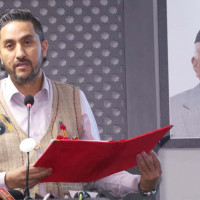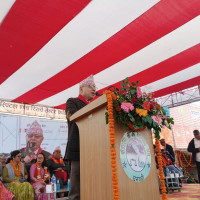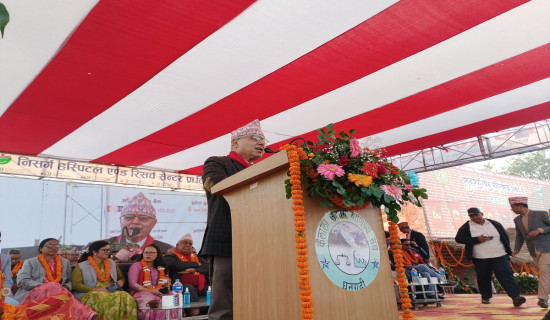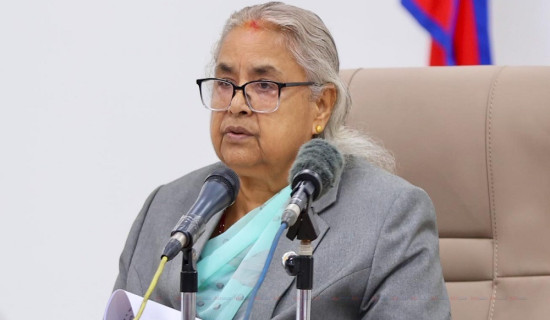- Tuesday, 9 December 2025
Social Media Illusion
A recent article on The New Yorker about the changing nature of social media has gained significant traction online. The article argues that after two decades of constantly posting on social media, people have resorted to posting less or even forgoing social media altogether. After emerging in the 2010s, social media has had a meteoric rise. But what was once a platform to post in a relaxed manner and connect with friends and family has become a user commodity. Now people rarely see the posts from their loved ones, instead they are blasted with a deluge of reels, videos and stories from strangers. It is thus not surprising that people are becoming increasingly dismayed with the algorithm-driven online consumption.
People today passively and senselessly consume social media and doomscroll through their screens. Research has shown that it has had a negative cognitive impact as more and more people scroll through their phones instead of picking up a book in leisure or taking up a new hobby. It is all about what catches the most attention and what gives that instant jolt of dopamine. To attract the most attention, digital creators and influencers tend to keep their posts concise with baits and high-definition images and videos. Viewer’s senses are heightened with the highest quality videos paired with catchy music.
Gone are the days when people posted randomly and that post reached most of their friends and followers. Now, virality is what gains the most traction, which is why digital creators and influencers aim to go viral but even that is highly competitive. Since more and more people find their posts not reaching their loved ones, there is a sense of disenchantment with social media. Is social media on its fall after decades of rise or will it evolve into an even more addictive platform? What will the future look like for Facebook, Instagram, TikTok, etc.? Likewise, how could AI (Artificial Intelligence) change social media as it has already infiltrated the digital world through bots?
The online world is fickle. It is driven by trends and fads, which tend to be influenced by algorithms. And users are bearing the brunt. No longer can one see the picture of a cup of coffee besides a much-loved book posted by a friend online; instead, it is a half-minute vlog from strangers. It might certainly be appealing but lacks that feeling of connection and is rather detached from one’s values, as opposed to seeing a photo of a friend drinking a cup of cappuccino in a cosy nook of a café. This disconnect has become the new norm.
It has signaled an era in which lives are lived online but are becoming more and more distanced from the real joy of living due to the constant documentation of every aspect of life. Millennials will likely remember the buzz that Facebook generated in its emergence. People were quite hyped about it and they kept saying to each other that social media was the next great invention. But now here they are dismayed, disenchanted and disillusioned by the way social media has morphed into a platform driven by short-term attention, dopamine boosts and constant scrolling, which questions the very principles on which it was created.














